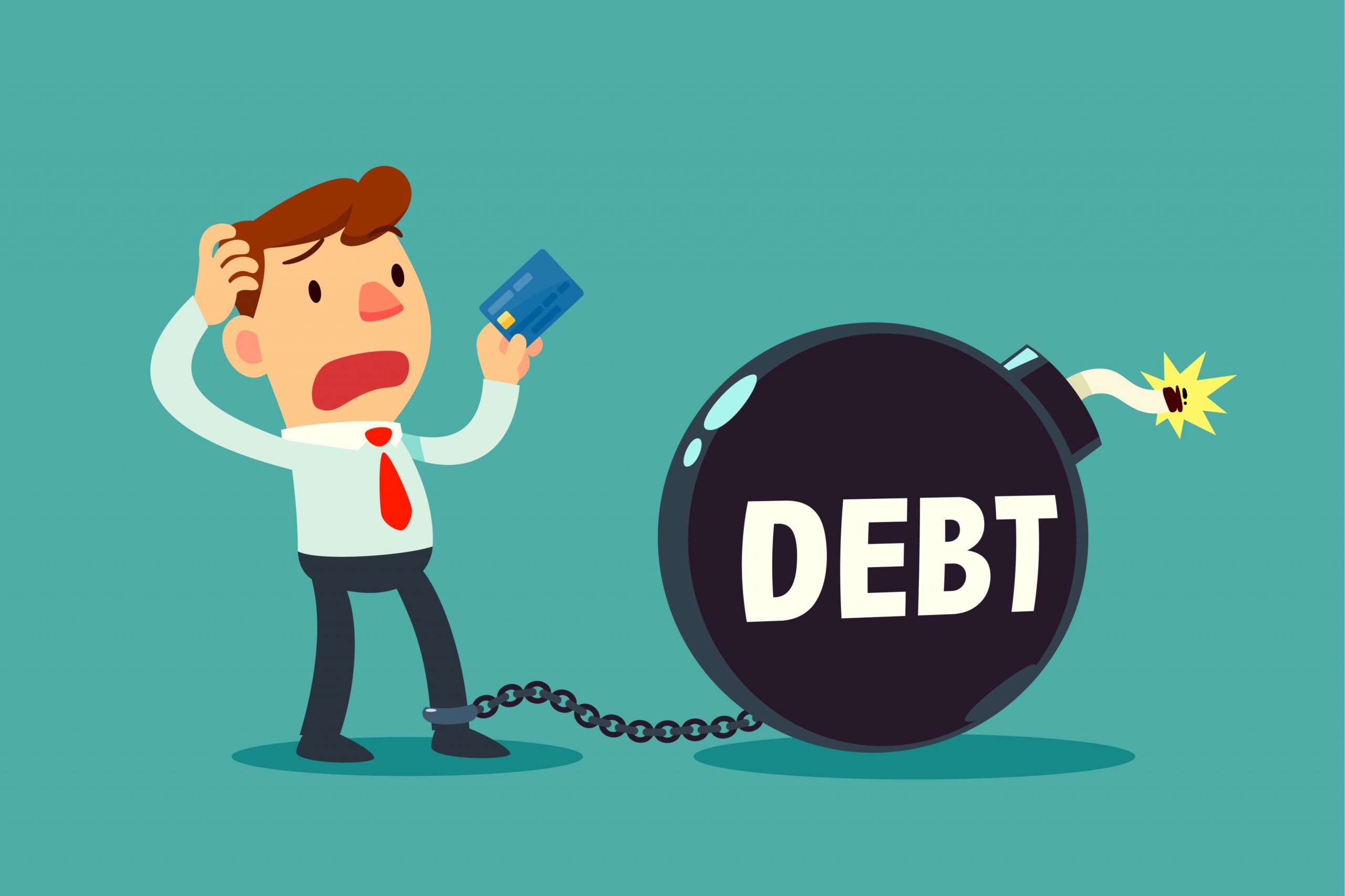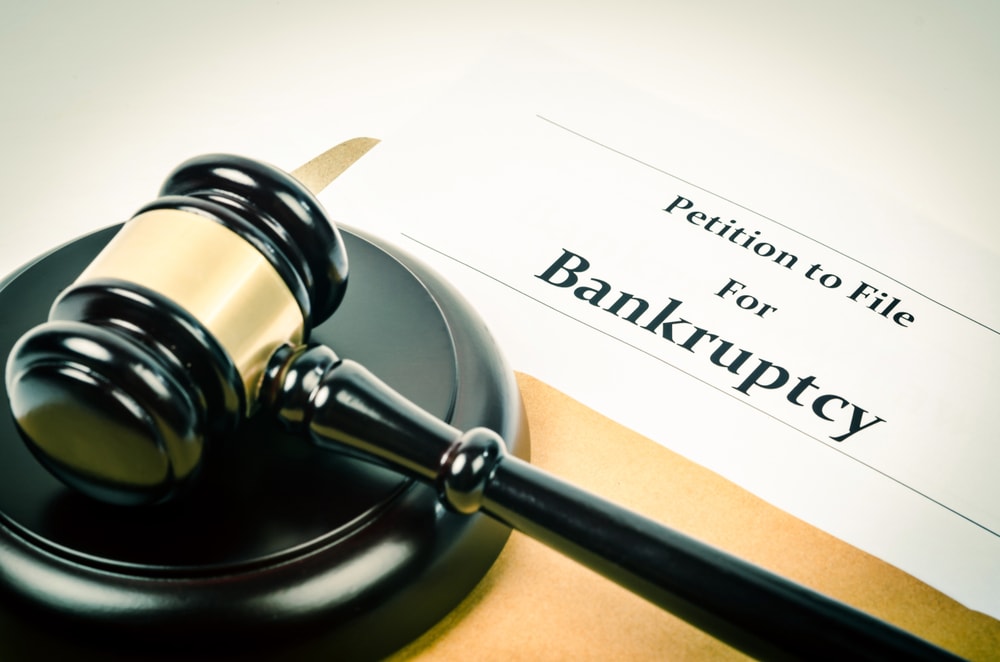5 Simple Techniques For Bankruptcy Liquidation
Wiki Article
How Bankruptcy Advice can Save You Time, Stress, and Money.
Table of ContentsThe Definitive Guide for Bankruptcy LawyerUnknown Facts About Bankruptcy ReorganizationThe Ultimate Guide To Bankruptcy LiquidationExamine This Report about Chapter 13Not known Details About Chapter 13 Bankruptcy Not known Details About Chapter 11 Bankruptcy 9 Easy Facts About Chapter 11 ExplainedThe smart Trick of Bankruptcy Lawyers Near Me That Nobody is DiscussingSome Of Chapter 13 BankruptcySome Known Incorrect Statements About Bankruptcy Lawyers Near Me Little Known Questions About Chapter 7 Bankruptcy.
If you are instantly discharged after completion of the normal personal bankruptcy term without having pleased your financial institutions on premises 1 to 3 over, after discharge all your properties remain to vest in the Authorities Assignee for payment of all your debts, costs, fees and costs in personal bankruptcy.The majority of your financial debt will certainly be terminated, yet you might select to pay some creditors, typically to maintain a car or home in which the financial institution has a lien. Phase 13 insolvency is when your financial debt is reorganized into a solitary monthly payment. The repayment will certainly continue for 36 to 60 months.
The 9-Second Trick For Bankruptcy
You do not need to pay back all of your financial obligation. You pay only as long as you can manage, however the minimum payment might be impacted by property you want to keep. When you complete the settlements, debt not paid is released.What is personal bankruptcy? Bankruptcy is a lawful treatment that permits you to manage your financial obligations. If your debts are leaving hand, personal bankruptcy may be one means to obtain a clean slate. There are 2 sorts of insolvency for people: Phase 7 (or "straight insolvency"), as well as Phase 13 (the "breadwinner plan").
Everything about Bankruptcy Liquidation

If you do not pay the debt, the lender can after that take or "retrieve" the collateral. In a bankruptcy, you must get to an arrangement to pay on the secured debt, or shed the security. For example, if you still owe money on your cars and truck as well as you desire to keep it after you file bankruptcy, you should reach an agreement with the creditor to make repayments, or the lender can take the vehicle back.
Bankruptcy Lawyer for Beginners

/bankruptcy-broker-brokerage-firm-56a0911b3df78cafdaa2cad4.jpg)
What you must know concerning filing: Personal bankruptcy stops wage garnishments and phone calls from expense collectors. Insolvency can appear on your credit score report for 7 to 10 years. What Is the Disadvantage of Filing For Bankruptcy?
The cash we make helps us give you access to totally free credit report ratings as well as reports and aids us produce our other wonderful devices as well as academic materials. Compensation might factor into how as well as where items appear on our system (and in what order). However given that we generally generate income when you discover an offer you like and get, we attempt to show you supplies we think are an excellent suit for you.
Some Known Details About Bankruptcy Advice
It legitimately forbids a loan provider or financial institution from taking any type of activity to collect the financial debt concerned. Sound also good to be real? In several essential ways, it is. For one, the insolvency turns up on your credit reports for 7 to 10 years, depending upon the type of bankruptcy you file, and also will certainly nearly surely hurt your credit history.Adhering to an insolvency discharge, debt collectors and also lenders can no longer attempt to accumulate the discharged debts. That suggests say goodbye to calls from collection agencies and also no even more letters in the mail, as you are no more directly accountable for the financial debt. A personal bankruptcy discharge doesn't always apply to every one of the financial obligation you owe.
Chapter 7 - An Overview
The kind of insolvency you pick will identify what is released and what takes place to various other home throughout as well as after the personal bankruptcy procedure. In 2016, there were 770,846 non-business personal bankruptcies in the United States. Virtually 62% percent were Chapter 7, 38% were Chapter 13 and also less than 1% were Chapter 11.What is safeguarded financial obligation contrasted with unsafe debt? With a safeguarded financial debt, the financing is linked to a property, or security, that loan providers can confiscate if you stop paying.
The Best Guide To Bankruptcy Attorney Near Me
Servicing your credit? When you clean your financial slate with a personal types of bankruptcies bankruptcy, you'll have to manage some credit-related effects. A bankruptcy will certainly remain on your credit report reports for approximately either seven or one decade from the day you file, depending on the kind of bankruptcy. Considering that your credit report are calculated based on the info in your credit report reports, an insolvency will influence your credit history too.For additional information, look into our article on what takes place to your debt when you declare bankruptcy. A discharged Phase 7 bankruptcy as well as a discharged Chapter 13 personal bankruptcy have the exact same influence on your credit rating, though it's possible a lender may look extra favorably on one or the various other.
The Best Guide To Chapter 7 Bankruptcy
It lawfully bans a lending institution or creditor from taking any type of activity to collect the financial obligation concerned. Noise as well great to be real? In several vital means, it is. For one, the insolvency appears on your credit scores reports for seven to ten years, click for more relying on the kind of personal bankruptcy you file, and also will practically definitely harm your credit rating.Adhering to an insolvency discharge, financial debt enthusiasts as well as lenders can no more attempt to gather the released debts. That suggests say goodbye to calls from enthusiasts and say goodbye to letters in the mail, as you are no more directly liable for the financial obligation. A bankruptcy discharge doesn't necessarily apply to every one of the financial obligation you owe.
Getting The Bankruptcy Liquidation To Work
The type of personal bankruptcy you pick will establish what is released and also what occurs to various other home during and also after the bankruptcy process. In 2016, there were 770,846 non-business insolvencies in the United States. Almost 62% percent were Phase 7, 38% were Chapter 13 as well as less than 1% were Chapter 11.What is secured debt compared to unsecured financial obligation? With a secured financial obligation, the car loan is linked to an asset, or security, that lending institutions can seize if you quit paying. Unsecured financial debt is not backed by collateral, so lenders don't have the exact same choice. If you really feel the crushing weight of charge card financial debt and a vehicle loan on your shoulders, a personal bankruptcy may be a feasible remedy assuming you recognize the effects.
An Unbiased View of Bankruptcy Liquidation
Working on your cheap bankruptcy credit score? When you clean your financial slate with a bankruptcy, you'll need to manage some credit-related repercussions. A personal bankruptcy will stay on your credit rating records for as much as either 7 or ten years from the date you submit, depending on the sort of personal bankruptcy. Since your credit rating Are calculated based on the info in your credit rating reports, an insolvency will certainly influence your credit ratings. personal insolvency.For more details, inspect out our write-up on what happens to your credit scores when you file for personal bankruptcy. A released Chapter 7 insolvency and a discharged Phase 13 insolvency have the exact same effect on your credit report, though it's possible a lending institution may look more favorably on one or the other.
Report this wiki page